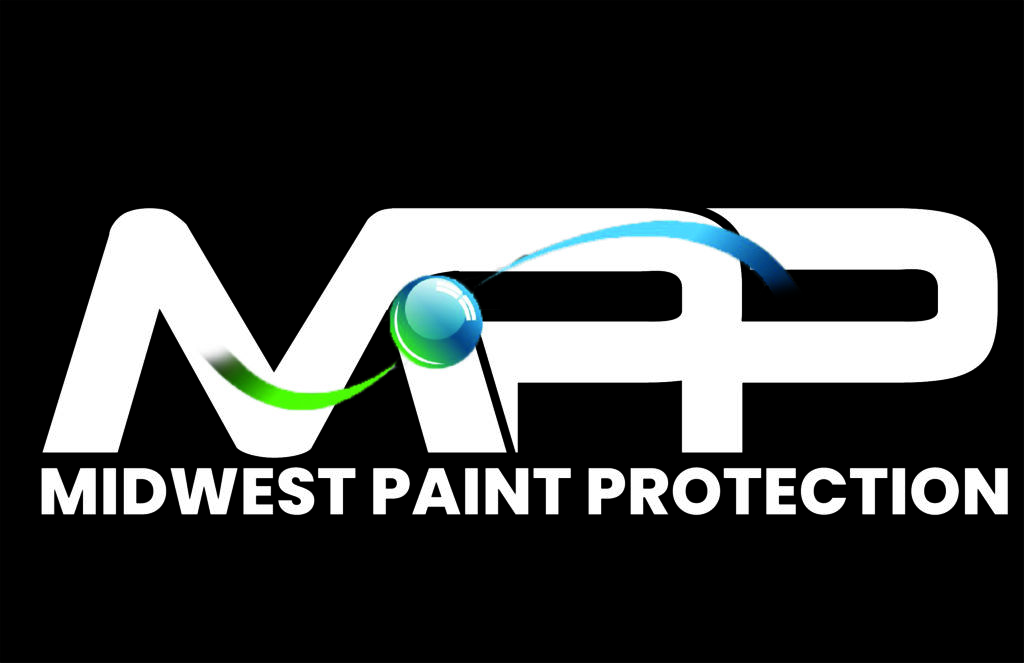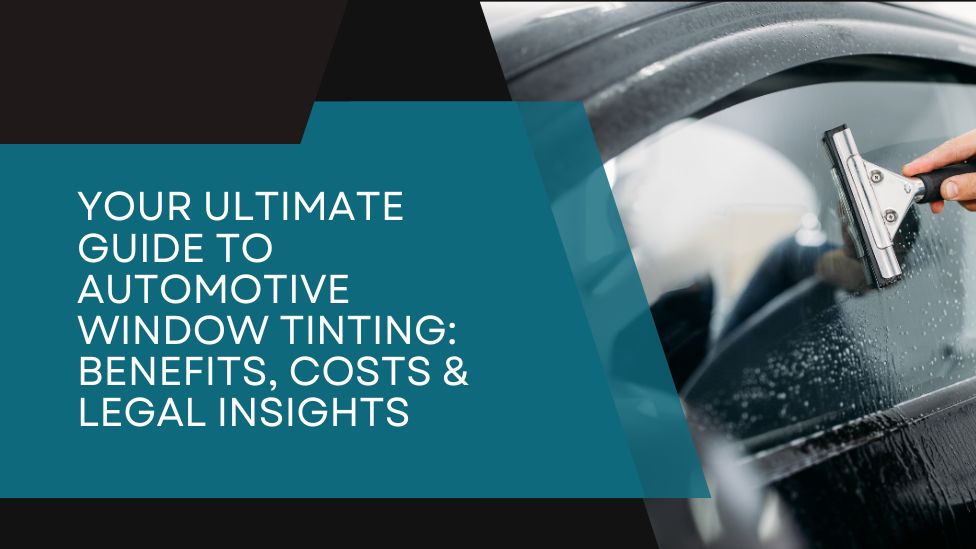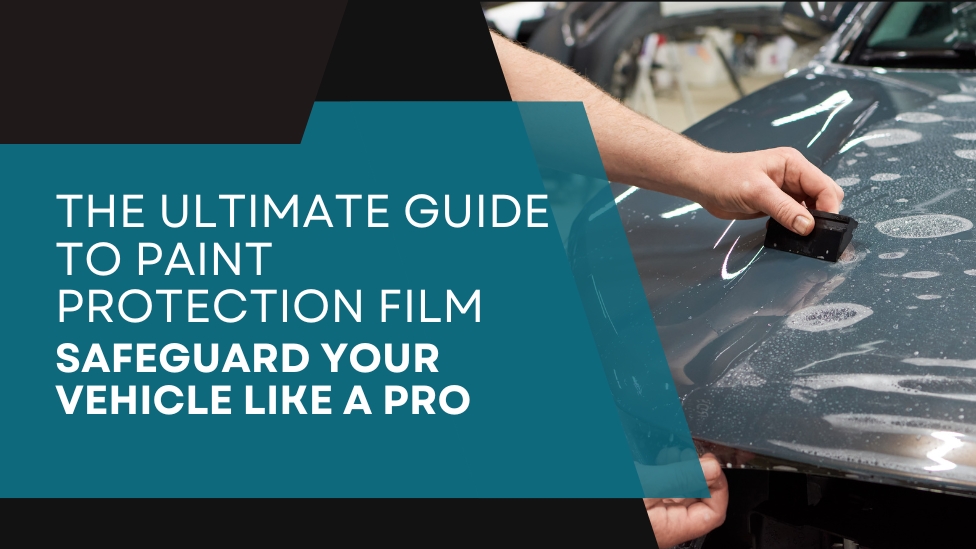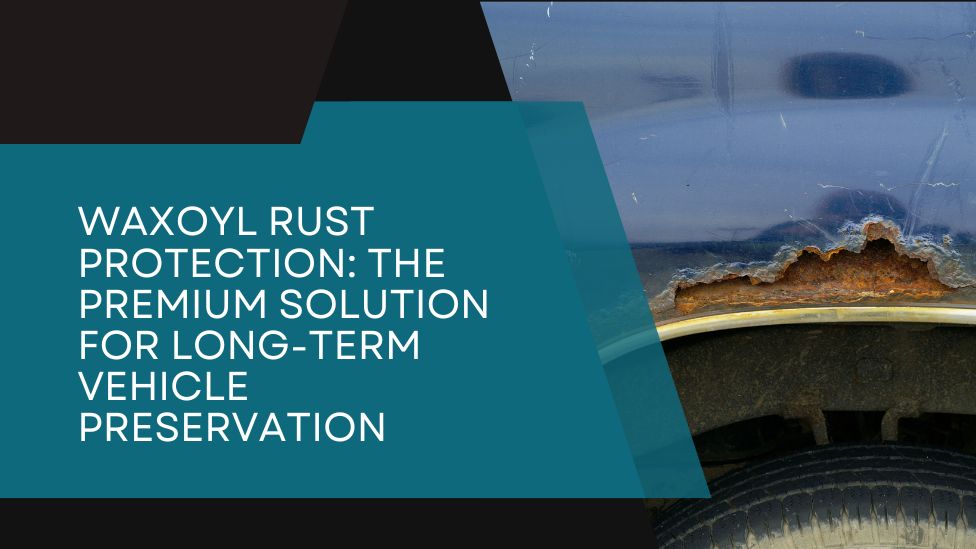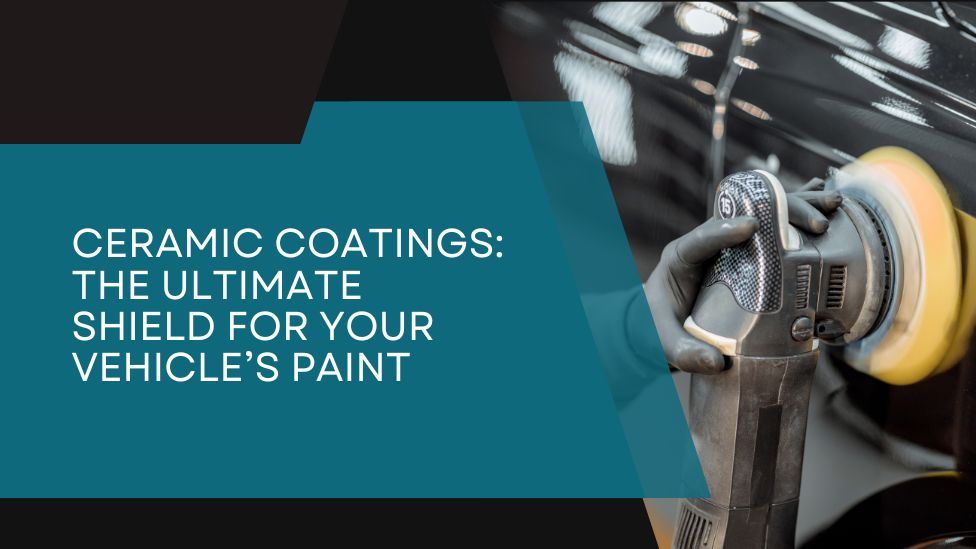Window tinting is more than just a visual upgrade—it’s a practical enhancement that improves comfort, safety, and protection. Whether you’re aiming for a sleek look, better privacy, or reduced cabin heat, tinting your car windows can be one of the most rewarding investments for your vehicle. In this guide, we’ll explore the different types of tint, their benefits, pricing, and answer the all-important question: Is window tinting legal where you live?
What Is Automotive Window Tinting?
Window tinting involves applying a specialized film to the glass surfaces of a vehicle to limit sunlight and UV exposure. These films vary in composition and performance, offering a range of options from basic to premium.
Common Types of Tint Film:
- Dyed Film – Budget-friendly with decent glare reduction and privacy, though limited heat resistance.
- Metallic Film – Highly reflective and effective at heat blocking, but may interfere with GPS and electronic signals.
- Carbon Film – A matte-finish option that combines excellent UV protection with no signal issues.
- Ceramic Film – The most advanced type, providing top-tier clarity, heat rejection, and UV defense without compromising electronics.
Why Tint Your Windows? Top Advantages
Tinted windows offer much more than good looks. Here are the top benefits of installing automotive window tint:
- Better Heat Control
Quality tints can deflect up to 60% of solar heat, keeping your cabin cooler and easing the strain on your A/C system. - Powerful UV Protection
Tinting blocks up to 99% of harmful UV rays, helping to prevent skin damage and interior fading or cracking. - Privacy & Security Boost
Darker windows deter prying eyes and make it harder for potential thieves to spot valuables inside your car. - Improved Visibility & Comfort
Reduces glare from sunlight and headlights, making driving safer and more comfortable—especially at dawn and dusk. - Added Safety
In the event of an accident, certain films help hold shattered glass together, reducing the risk of injury.
How to Choose the Right Window Tint
With so many options available, it’s essential to match the right tint to your needs and budget. Here are some key factors to consider:
- Visible Light Transmission (VLT%) – The lower the VLT, the darker the tint. Make sure it’s legal in your area.
- UV and Heat Rejection – Prioritize high-performance films if you live in a hot or sunny climate.
- Durability and Warranty – Longer warranties typically mean better quality and longevity.
- Local Laws – Always verify the legal limits for window tinting in your region.
Top-Rated Tint Brands:
- 3M Automotive Window Film
- LLumar
- SunTek
- XPEL
- FormulaOne
These brands are renowned for durability, clarity, and consistent performance.
Are Window Tints Legal?
One of the most important things to research before tinting your vehicle is whether it’s legal in your area. Window tint laws differ by country, state, and even city.
Key Legal Considerations:
- VLT Limits – Laws typically regulate how dark each window can be, especially the front side windows and windshield.
- Reflectivity – Some regions restrict reflective or mirrored films.
- Windshield Tinting – Usually only allowed above the AS-1 line (top strip of the windshield).
- Medical Exemptions – Some areas allow darker tints if medically necessary, with documentation.
🔍 Pro Tip: Always consult your local transportation authority or DMV for up-to-date tinting regulations.
FAQs About Automotive Window Tinting
How long will my window tint last?
Premium tints installed by professionals typically last between 5–10 years.
Is tint removable?
Yes. Window tint can be safely removed using steam or adhesive removers without damaging your glass.
Will tinting reduce night visibility?
Darker tints can slightly affect visibility at night. Opt for high-clarity ceramic films if night driving is a concern.
Caring for Your Window Tint
Keep your tint looking fresh and extend its lifespan by following these simple maintenance tips:
- Post-Installation: Don’t roll down your windows for at least 3–5 days.
- Cleaning: Only use ammonia-free cleaners and a soft microfiber cloth.
- Sun Protection: Park in shaded areas or use a windshield sunshade to minimize UV wear.
Is Automotive Window Tint Worth It?
Without a doubt. Window tinting delivers an impressive mix of form and function—enhancing your car’s appearance while offering real-world benefits like heat reduction, UV shielding, and added privacy. From budget tints to high-end ceramic films, there’s an option for every driver.
Before getting started, make sure to:
- Choose the best type of window tint for your goals
- Know the average cost for window tinting in your area
- Confirm the legal limits to avoid fines or required removal
Final Thoughts
Window tinting is one of the most cost-effective and beneficial upgrades for your vehicle. Whether you’re going for the sleek look or protecting your interior, it’s an upgrade that pays off every time you get behind the wheel.
Let me know if you’d like this version tailored for SEO, turned into web content, or formatted for a brochure or landing page!
